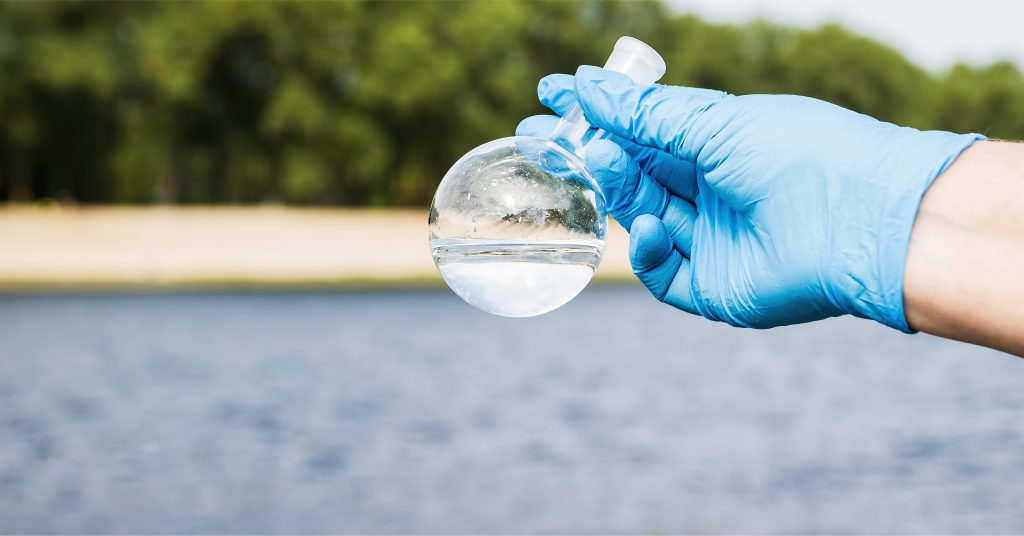Water quality plays a crucial role in public health and environmental sustainability. Maintaining high water quality standards is critical for a country like Portugal, where water resources are essential to both urban populations and rural communities.
In recent years, water quality in Portugal has garnered increased attention due to environmental challenges, aging infrastructure, and growing concerns about climate change. In this blog, we will explore the current state of Portugal water quality, the safety of drinking tap water, and ongoing efforts to address these challenges.
The Current State Of Portugal’s Water Quality
Water quality in Portugal is generally regarded as good, with consistent access to clean water in most urban areas. According to recent reports, approximately 98.5% of the population has access to safe drinking water, meeting the standards set by European Union regulations. However, there are still some discrepancies in water quality in Portugal between urban and rural areas. While cities like Lisbon and Porto enjoy well-maintained water systems, certain rural regions still struggle with water access and quality. This disparity highlights the need for continuous improvements in infrastructure and water treatment processes to ensure that all communities in Portugal benefit from the same level of water safety and cleanliness.
Portugal Tap Water Quality: Is It Safe to Drink?
A common question for both locals and tourists is, Is tap water safe to drink in Portugal? The short answer is yes. Portugal tap water quality is generally high, especially in larger cities such as Lisbon, Porto, and Faro. The water supply in these cities undergoes rigorous treatment and monitoring, ensuring it meets strict health and safety standards.
Despite this, there are persistent misconceptions about Portugal tap water quality, often driven by outdated perceptions of water treatment in the country. Many visitors opt for bottled water, fearing that the tap water might not be safe. That said, there are a few regions, particularly in rural areas, where Portugal tap water quality may not be as consistently reliable due to aging infrastructure and local pollution. In such areas, it is advisable to check with local authorities or use water filtration systems to ensure the water is safe for consumption.
Challenges Impacting Water Quality in Portugal
While water quality in Portugal is generally positive, several challenges continue to affect the nation’s water systems:
- Aging Water Infrastructure: Much of Portugal’s water infrastructure is decades old, leading to leaks, inefficiencies, and occasional contamination.
- Pollution from Waste: Portugal’s agricultural and industrial sectors contribute to water pollution, primarily through runoff that contains fertilizers, pesticides, and chemicals.
- Climate Change and Its Impact: Rising temperatures, erratic rainfall patterns, and droughts are placing additional pressure on the country’s water resources.
- Water Quality Disparities: Limited access to modern water treatment facilities and outdated infrastructure can make it difficult for some communities to access clean water consistently.
Role of Ion Exchange in Addressing Water Challenges in Portugal
Ion Exchange, a global leader in water treatment solutions, plays a pivotal role in improving water quality in Portugal. With decades of experience in water management, Ion Exchange has implemented cutting-edge technologies to enhance water filtration and wastewater treatment systems across the country. Their innovative solutions focus on reducing water pollution, improving efficiency, and ensuring access to clean water in both urban and rural areas.
Water Treatment Solutions
For over six decades, Ion Exchange has been delivering the widest range of advanced water treatment solutions to industries, institutions, municipalities, homes, and communities, both urban and rural, across the globe. Their comprehensive offerings include customized and pre-engineered water treatment plants to meet diverse water treatment needs. These solutions cover the entire spectrum, from clarification, filtration, and disinfection to process water treatment and post-treatment, ensuring that treated water meets stringent quality requirements for various applications. Their solutions include:
From industrial processes to clean drinking water, they have the expertise to address all your water treatment needs.
Waste Water Treatment Solutions
Their state-of-the-art wastewater treatment plants offer pioneering solutions for water and waste management, focusing on wastewater recycling and source reduction, as well as waste minimization and product recovery. These integrated systems utilize innovative, energy-efficient, and cost-effective technologies, including membrane, advanced oxidation, and evaporation processes. Our systems are designed for the recovery and reuse of water and products across various industries, including power plants, fertilizers, electronics, electroplating, textiles, chemicals, food & beverage, pulp & paper, pharmaceuticals, and automobiles. Our products include:
We ensure sustainable water management solutions while maximizing resource recovery for industrial applications.
Conclusion
In conclusion, water quality in Portugal has improved considerably over the years, thanks to government initiatives, technological advancements, and private sector contributions. However, a few challenges continue to affect the country’s water systems, particularly in rural regions. By focusing on sustainable water management practices and investing in advanced water treatment technologies, Portugal can continue to improve its water quality and ensure safe, clean water for all.
Connect with Ion Exchange experts to learn more about how they can help improve water quality in Portugal.


